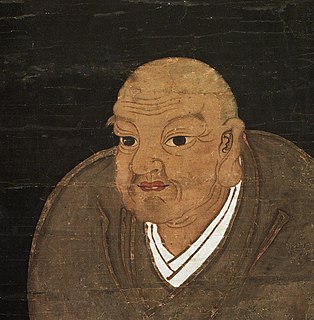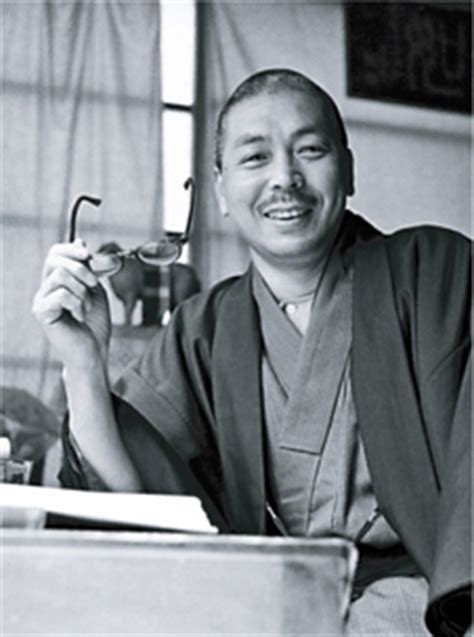A Quote by Nichiren
A person of wisdom is not one who practices Buddhism apart from worldly affairs but, rather, one who thoroughly understands the principles by which the world is governed.
Quote Topics
Related Quotes
The key is realizing - and believing - that this world is not your home. If you and I ever hope to free our lives from worldly desires, worldly thinking, worldly pleasures, worldly dreams, worldly ideals, worldly values, worldly ambitions, and worldly acclaim, then we must focus our lives on another world.
Our object now, as then, is to vindicate the principles of peace and justice in the life of the world as against selfish and autocratic power, and to set up among the really free and self-governed peoples of the world such a concert of purpose and of action as will henceforth insure the observance of those principles.
In the constitution of Spain as proposed by the late Cortes, there was a principle entirely new to me:... that no person born after that day should ever acquire the rights of citizenship until he could read and write. It is impossible sufficiently to estimate the wisdom of this provision. Of all those which have been thought of for securing fidelity in the administration of the government, constant reliance to the principles of the constitution, and progressive amendments with the progressive advances of the human mind or changes in human affairs, it is the most effectual.
































